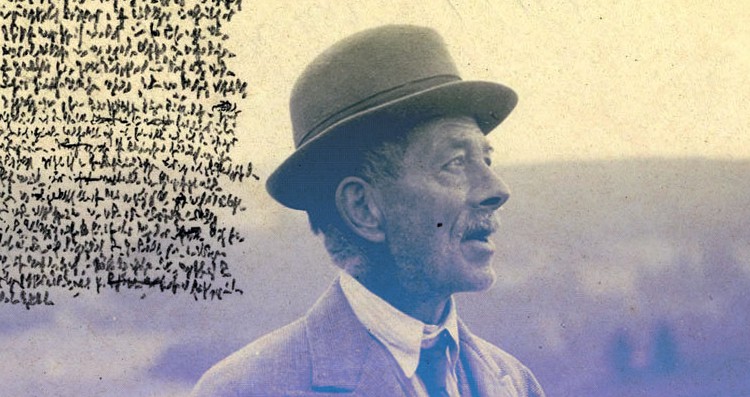Books & Culture
Review: Could You Be With Her Now, by Jen Michalski

Encounters of communion and betrayal in a novella duet
Jen Michalski’s new collection, Could You Be With Her Now, pairs two novellas with very different subjects and thematic preoccupations. Yet in tandem, they inform one another, their threads entangling, ultimately affording a more complete reading of the collection as a whole. (Full disclosure: Jen Michalski and I both live in Baltimore and are friends, but I believe her work speaks for itself.)
The first novella, I Can Make It to California Before It’s Time for Dinner, follows Jimmy Dembrowski, a mentally-challenged fourteen-year-old living north of Baltimore. After Jimmy accidentally murders a neighborhood girl, he runs away with a truck driver, who is eventually revealed to be someone very different than the savior Jimmy thinks he is.
The narrative voice is simple and guileless, as one might expect from a narrator such as Jimmy, but where this novella really shines is in the layering of context. As the police begin their investigation, Jimmy plays with his army men in bed, saying, “They are brave and fight for our country and I want to be in the army when I grow up. Then I can shoot people but only bad people because we are the good guys. USA!” Earlier, when Jimmy meets the girl he believes to be his “girlfriend” from TV, she refuses his conversation and screams at him to get away, resulting in the accidental murder. This dichotomy between the perceived and the actual — especially when it’s applied full-force in the trucker sequences — creates an atmosphere of extraordinary tension.
The second novella, May-September, follows the budding relationship between the struggling young writer Alice and the much-older Sandra. Sandra’s daughter has hired Alice to blog Sandra’s memoirs so that her grandchildren can read them. Sandra recounts her less-than-grandchild-friendly past through musings on photographs, piano pieces she has played, and codes of etiquette like the protocol for serving petit fours. As the story progresses, the focus shifts from the transcription of memory to the possibility of new love, a possibility that is majorly hamstrung by the marked age difference between the two women. While entertaining/wooing Alice, Sandra plays the piano and gives a haunting description of aging: “For years she had known most music by heart, but for the last few years a note would fall out here, there, and she could not find it, would stop playing and begin again, only to drop a note someplace else. She began to forget entire songs altogether […] and her soles hurt when she pressed on the foot pedals. She had enemies in her life […] But she hadn’t expected her hands or her piano to turn against her.” In the same way that California oscillates between real and perceived, May-September swings between the past and the present, revisiting Sandra’s marriage and her affair with the wife of her husband’s friend, her only other lesbian relationship, which creates some poignant parallels between Sandra and Alice.
Both novellas hinge on the ways that people fail each other, whether it’s an individual case of harm and violation as detailed in California, or the more diffuse disappointments of prejudice that May-September explores. A visual in May-September serves as a perfect illustration of this, as well as a bridge between the two novellas. As the women are first realizing their mutual attraction, Alice stands and knocks the sheet music to the ground: “the quarter notes, half notes, staffs lined the floor, Sandra’s life exposed in a language unknown to Alice.” It is this unspoken language, based in passion and expression, that symbolizes the possibility of transcending such failures.
Recommended if you liked: We Take Me Apart by Molly Gaudry, Fly Over State by Emma Straub, Us by Michael Kimball
***
— Nik Korpon is a writer who lives in Baltimore. You can find him here.









